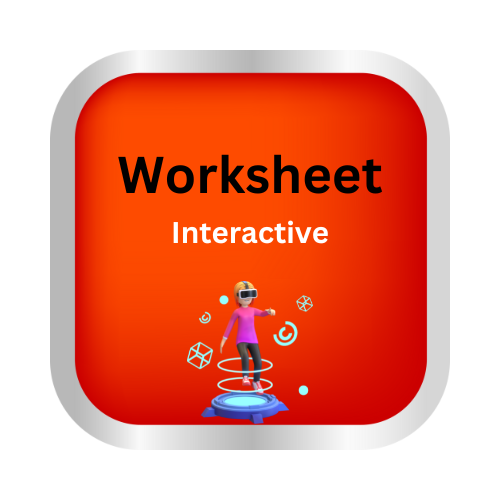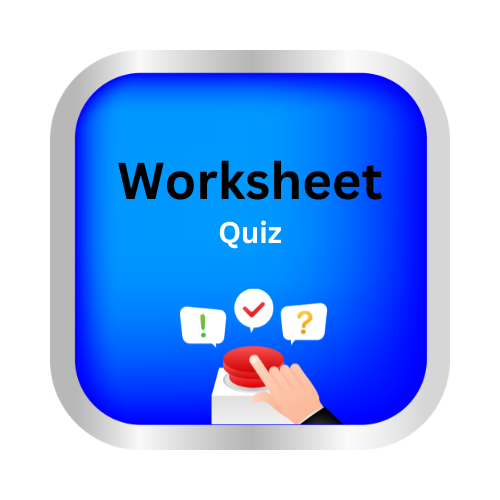Use dictionary entries to determine the correct usage
key notes :
| Understanding Dictionary Entries |
A dictionary is more than just a list of words and their definitions! It’s a powerful tool that provides valuable information about a word’s meaning, usage, and history. Learning to effectively use dictionary entries will significantly improve your vocabulary and writing skills. In these notes, we will go over the basics and learn to use the dictionary for correct word usage.
| Key Elements of a Dictionary Entry |
| Headword: The word itself. Pronunciation: How to say the word (phonetic symbols). Part of Speech: (e.g., noun, verb, adjective). Definition(s): The meaning(s) of the word. Example Sentence(s): Shows the word used in context. Etymology: Origin and history of the word. Synonyms/Antonyms: Words with similar/opposite meanings. Usage Notes: Specific guidance on how to use the word correctly. | Let’s break down each of these components: Headword: This is the word you are looking up! It’s usually in bold. Pronunciation: This is very important to understanding a word correctly. You don’t want to say things incorrectly! Part of Speech: Knowing if a word is a noun, verb, adjective, etc., is crucial for correct sentence construction. Definition(s): A word can have multiple meanings! The dictionary lists them, often with numbers or letters. Example Sentence(s): These are very helpful to see how the word is typically used. Etymology: This helps understand the word’s evolution and nuances. Synonyms/Antonyms: Expands your vocabulary and provides alternatives. Usage Notes: These give specific advice on how to use the word, e.g., common mistakes, formal vs. informal use. |
| Using Dictionary Entries Effectively |
Here’s how to use dictionary entries to ensure correct word usage:
- Identify the Part of Speech: Before using a word, confirm its part of speech. Using a noun as a verb (or vice versa) is a common error.
- Example: ‘Effect’ (noun) vs. ‘Affect’ (verb).
- Choose the Right Definition: Read all definitions and select the one that fits the context of your sentence.
- Example: The word “run” has dozens of meanings! Choose the definition that makes sense in your sentence.
- Pay Attention to Usage Notes: These notes often highlight common errors, regional differences, or levels of formality.
- Example: Some words are considered formal and should be avoided in casual conversation.
- Study Example Sentences: Example sentences are invaluable! They demonstrate how the word is correctly used in a sentence.
- Example: Pay attention to the word order and surrounding words.
- Consider Synonyms/Antonyms: Explore synonyms to add variety to your writing. Ensure the synonym has the same meaning and connotation as the original word.
- Example: ‘Happy,’ ‘joyful,’ and ‘elated’ are synonyms, but they have slightly different emotional intensities.
| Tips and Tricks |
- Use a good dictionary: A comprehensive dictionary (either print or online) is essential. Oxford, Merriam-Webster, and Cambridge are all great choices.
- Practice regularly: The more you use a dictionary, the better you’ll become at understanding and applying the information it provides.
- Don’t just look up the definition: Explore all aspects of the entry, including pronunciation, etymology, and usage notes.
- Keep a vocabulary journal: Write down new words you learn, along with their definitions and example sentences.
- Read widely: Reading exposes you to new words in context, reinforcing your understanding of their usage.
| Example Exercise |
Let’s say you want to use the word “ironic.” You consult a dictionary and find:
- Pronunciation: /aɪˈrɒnɪk/
- Part of Speech: Adjective
- Definition: Using words to convey a meaning that is the opposite of its literal meaning.
- Example Sentence: “It is ironic that the fire station burned down.”
- Usage Note: Ironic is often misused to describe coincidences. It should only be used when there is a deliberate contrast between what is said and what is meant.
Based on this entry, you know that ‘ironic’ is an adjective and it should be used when there’s a contrast between what’s said and its real meaning. This knowledge helps you use the word correctly in your own writing.
| Summary |
Understanding dictionary entries is a foundational skill for English language learners. By paying attention to the part of speech, definitions, usage notes, and example sentences, you can significantly improve your word usage and writing quality. Remember to practice regularly and consult a good dictionary whenever you encounter an unfamiliar word. Good luck!
Let’s practice!

